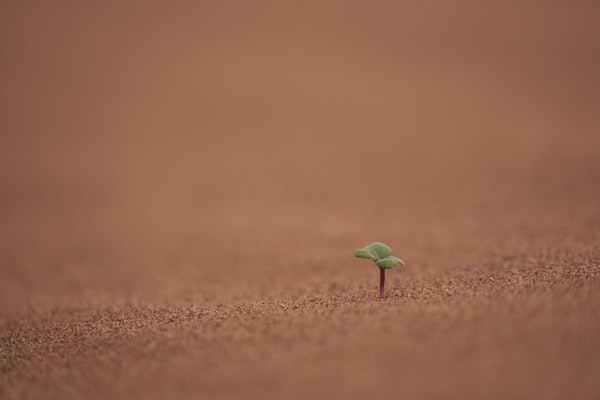The journalist as expert
I recently turned down some requests for interviews because the topics of discussion in each case indicated that I would be treated as a scientist, not a science journalist (something that happened shortly after the Balakot airstrikes and the ASAT test as well). I suspect science and more so health journalists are being seen as important sources of information at this crucial time for four reasons (in increasing order of importance, at least as I see it):
1. We often have the latest information – This is largely self-explanatory except for the fact that since we discover a lot of information first-hand, often from researchers to whom the context in which the information is valid may be obvious but who may not communicate that, we also have a great responsibility to properly contextualise what we know before dissemination. Many of us do, many of us don’t, but either way both groups come across as being informed to their respective audiences.
2. We’re “temporary experts”.
3. We’re open to conversations when others aren’t – I can think of a dozen experts who could replace me in the interviews I described and do a better job of communicating the science and more importantly the uncertainty. However, a dozen isn’t a lot, and journalists and any other organisations committed to spreading awareness are going to be hard-pressed to find new voices. At this time, science/health journalists could be seen as stand-in experts: we’re up-to-date, we’re (largely) well-versed with the most common issues, and unlike so many experts we’re often willing to talk.
4. It would seem journalists are the only members of society who are synthesising different schools of thought, types of knowledge and stories of ground realities into an emergent whole. This is a crucial role and, to be honest, I was quite surprised no one else is doing this – until I realised the problem. Our scholastic and academic systems may have disincentivised such holism, choosing instead to pursue more and more specialised and siloised paths. But even then the government should be bringing together different pieces of the big picture, and putting them together to design multifaceted policies and inventions, but isn’t doing so. So journalists could be seen as the only people who are.
Now, given these reasons, is treating journalists as experts so bad?
It’s really not, actually. Journalism deserves more than to be perceived as an adjacent enterprise – something that attaches itself on to a mature substrate of knowledge instead of being part of the substrate itself. There are some journalists who have insightfully combined, say, what they know about scientific publishing with what they know about research funding to glimpse a bigger picture still out of reach of many scientists. There is certainly a body of knowledge that cannot be derived from the first principles of each of its components alone, and which journalists are uniquely privileged to discover. I also know of a few journalists who are better committed to evidence and civic duty than many scientists, in turn producing knowledge of greater value. Finally, insofar as knowledge is also produced through the deliberate opposition of diverse perspectives, journalists contribute every time they report on a preprint paper, bringing together multiple independent experts – sometimes from different fields – to comment on the paper’s merits and demerits.
But there are some issues on the flip side. For example, not all knowledge is emergent in this way, and more importantly journalists make for poor experts on average when what we don’t know is as important as what we know. And when lives are at stake, anyone who is being invited to participate in an interview, panel discussion or whatever should consider – even if the interviewer hasn’t – whether what they say could cause harm, and if they can withstand any social pressure to not be seen to be ignorant and say “I don’t know” when warranted. And even then, there can be very different implications depending on whether it’s a journalist or an expert saying “I don’t know”.
Even more importantly, journalists need to be recognised in their own right, instead of being hauled into the limelight as quasi-experts instead of as people who practice a craft of their own. This may seem like a minor issue of perception but it’s important to maintain the distinction between the fourth estate and other enterprises lest journalism’s own responsibilities become subsumed by those of the people and organisations journalists write about or – worse yet – lest they are offset by demands that society has been unable to meet in other ways. If a virologist can’t be found for an interview, a journalist is a barely suitable replacement, except if the conversation is going to be sharply focused on specific issues the journalist is very familiar with, but even then it’s not the perfect solution.
If a virologist or a holist (as in the specific way mentioned above) can’t be found, the ideal way forward would be to look harder for another virologist or holist, and in doing so come up against the unique challenges to accessing expertise in India. In this regard, if journalists volunteer themselves as substitutes, they risk making excuses for a problem they actually needed to be highlighting.



